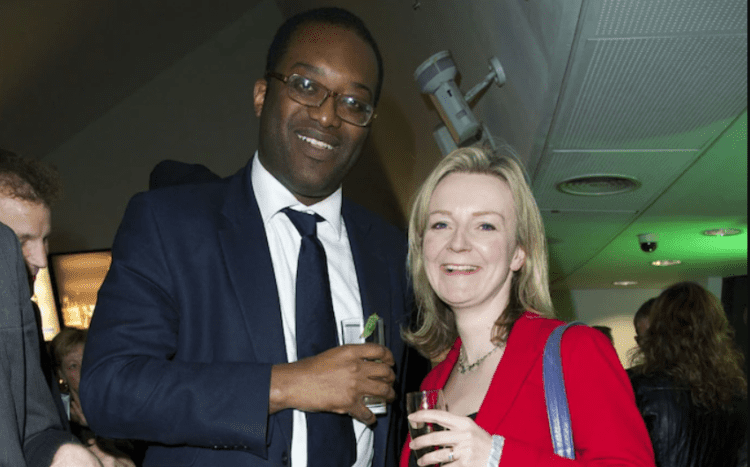According to an authoritative new analysis, the government’s mini-budget has left it with such a big hole in the public finances that the only realistic way to close it is with drastic spending cuts equal to those enacted during the austerity years a decade ago.
The chancellor would need to cut expenditure or boost taxes by £62 billion, according to the “Green Budget” from the Institute for Fiscal Studies (IFS) and investment bank Citi, if he is to stabilise or lower the national debt, as he has frequently promised in recent weeks.
That shortfall is a direct consequence of measures announced since the Truss government took office, including its reversal of various tax increases such as corporation tax and national insurance, and its Energy Price Guarantee.
There is a chance that hole is filled by economic growth, but the IFS said such an outcome would depend on luck more than judgement.
Even raising working-age benefits to keep up with inflation rather than wages, one of the significant and divisive cost-cutting measures they are considering, would only save a little amount of money, or approximately £13 billion annually, according to the IFS.







